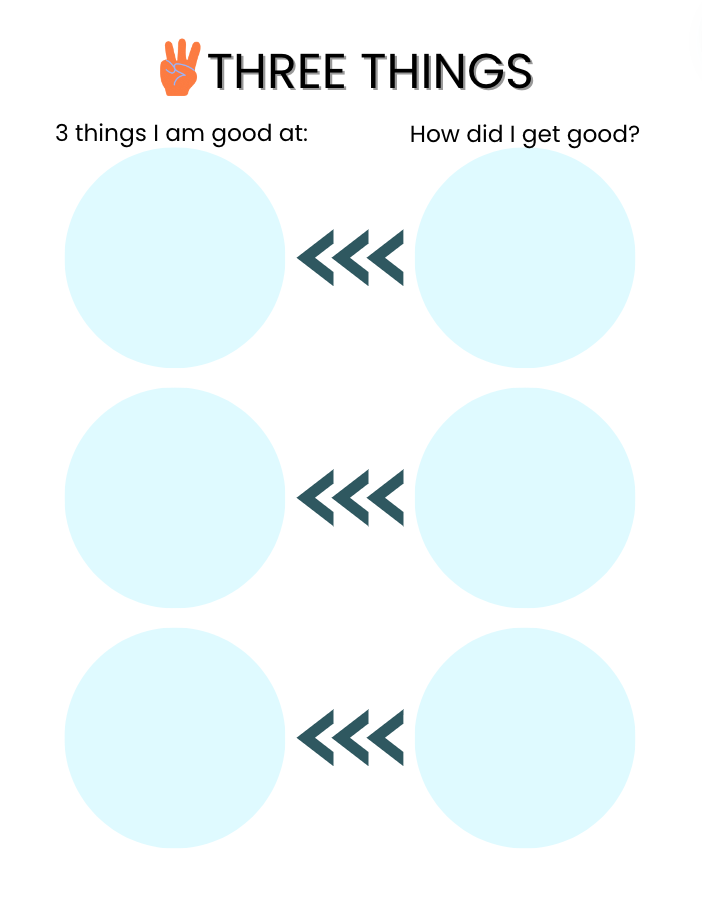SEL Writing Prompts for Kids
10 engaging prompts to inspire introspective thinking
What is Social and Emotional Learning (SEL)?
According to the National Center on Safe Supportive Learning Environments (NCSSLE), “social and emotional learning (SEL) involves the processes through which children and adults acquire and effectively apply the knowledge, attitudes, and skills necessary to understand and manage emotions, set and achieve positive goals, feel and show empathy for others, establish and maintain positive relationships, and make responsible decisions.
A growing body of research indicates that school-based efforts to promote students' social and emotional learning represent an effective approach to enhance children's success in school and life.”
Why are writing prompts helpful?
Guided by SEL learning outcomes, our writing prompts exercise written communication and promote the development of the following:
Introspection: Encourage self-awareness through prompts that lead to the examination of thoughts, emotions, and experiences.
Creativity: Challenge kids to think creatively and to take unique perspectives.
Expressive Communication: Help kids learn how to coherently express their thoughts and feelings through writing.
Problem-Solving: Show kids how written communication allows us the space to analyze information, consider different viewpoints, and develop well-reasoned beliefs.
Confidence: Boost self-esteem by exercising the art of written communication. Successfully responding to prompts and producing thoughtful compositions shows kids that they are not only capable of performing a valuable academic skill, but that they also have an outlet that allows them to process and communicate complex emotions or thought patterns.
By putting thoughts and feelings on paper, children are empowered with perspective and can better understand and navigate their own circumstances and experiences.
1. The Emotional Backpack
This prompt encourages kids to think and write about preoccupying parts of their consciousness. By visualizing “carrying” challenging memories, thoughts, or feelings, they can also begin to “unpack” what is not productive.
2. About Me
This worksheet is a great “get-to-know-you” tool. For school-aged kids, it is often used during a therapy intake session while the parent or guardian is communicating with the counselor.
3. Dear Body, Dear Mind
Letter templates can help kids understand, organize, and communicate complex feelings. These templates offer a unique opportunity to address the mind and body while also practicing self-appreciation.
4. I Wish They Knew…
Simple prompts can evoke profound insight. This exercise encourages kids to express the things they wish the people in their lives knew.
I wish my parents knew…
I wish my teacher knew…
I wish my friends knew…
5. Past Me, My Core, Future Me
This writing prompt helps kids separate their behaviors from their “core self” in order to conceptualize how they hope to progress in the future.
6. The Miracle Question
“If you woke up tomorrow and all your problems were gone, what would be different?”
The miracle question serves to help conceive and understand an issue. Once an issue is recognized, it can be addressed.
7. My Perfect/Imperfect Day
Use this prompt to help kids appreciate good days and receive bad days with a growth mindset.
8. Top Three
Use this simple list prompt to help kids develop an understanding of their values and preferences.
9. Three Good Things / Three Bad Things
Foster a growth mindset with this exercise that emphasizes the value of effort.
10. Appreciation Exercise
Gratitude is a powerful practice that is linked to resilience, flexibility, and a growth mindset. Identifying what is appreciated and what is not appreciated can help kids understand their own values and priorities.
Explore our full collection of Social and Emotional Learning (SEL) Worksheets HERE!











